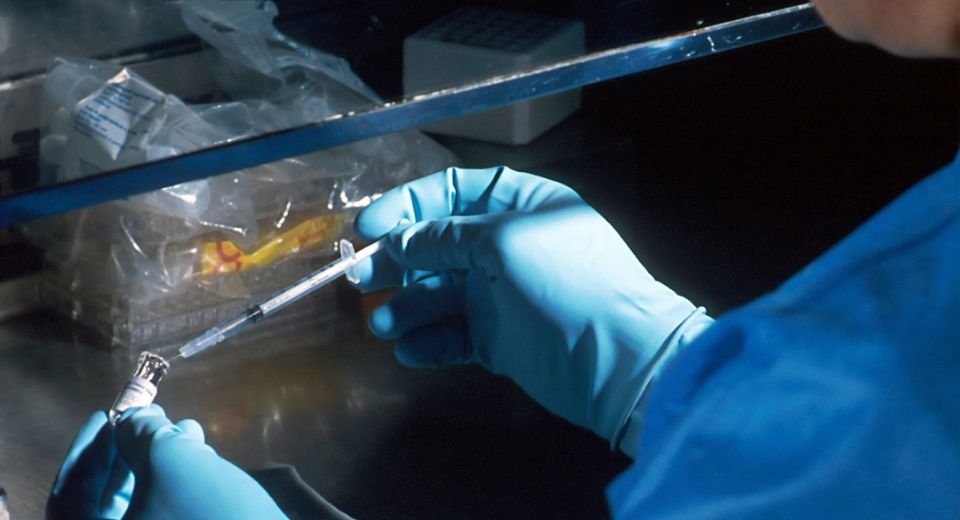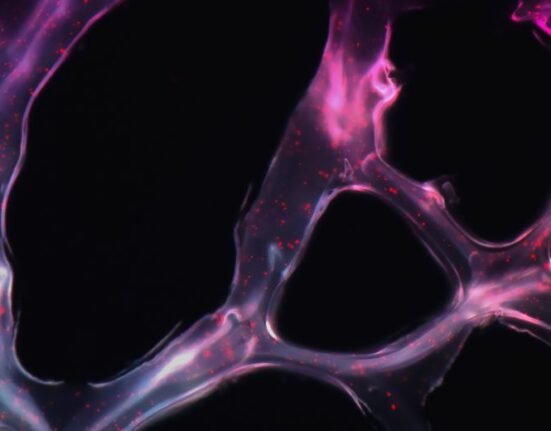HQ Team
May 13, 2025: AstraZeneca’s POTOMAC Phase III trial has demonstrated that combining Imfinzi (durvalumab) with standard Bacillus Calmette-Guérin (BCG) therapy significantly improves disease-free survival (DFS) in patients with high-risk non-muscle-invasive bladder cancer (NMIBC).
The results show a clinically meaningful reduction in cancer recurrence or progression compared to BCG therapy alone.
NMIBC accounts for over 70% of bladder cancer cases, with approximately half classified as high-risk due to aggressive tumour characteristics. Despite current treatments, 80% of patients experience recurrence, and nearly 45% may progress to muscle-invasive disease, often requiring radical bladder removal.
The POTOMAC trial offers a promising solution, adding one year of Imfinzi immunotherapy to BCG induction and maintenance therapy, significantly extended the time patients remained cancer-free.
Dr. Maria De Santis, principal investigator of the trial and Head of Interdisciplinary Uro-Oncology at Charité Universitätsmedizin Berlin, emphasised the impact: “These results are exciting because they show that adding durvalumab to BCG extends the time patients live without high-risk recurrence. Given that many eventually need bladder removal, this could be transformative.”
The combination of Imfinzi + BCG (induction & maintenance) significantly reduced recurrence or progression versus BCG alone. There was no negative impact on survival. While not statistically powered for overall survival (OS), early data showed no detriment from adding Imfinzi.
The combination therapy saw no new safety risks, and patients could still complete BCG therapy.
A secondary experimental arm testing Imfinzi + BCG induction (without maintenance) did not meet DFS goals, reinforcing the need for full BCG maintenance.
Why this breakthrough matters
Bladder cancer is the 9th most common cancer globally, with 614,000 new cases annually. High-risk NMIBC patients currently rely on transurethral resection (TURBT) followed by BCG, but recurrence rates remain alarmingly high.
Cristian Massacesi, AstraZeneca’s Chief Medical Officer, highlighted the broader implications: “This trial, along with our NIAGARA data in muscle-invasive disease, reinforces our strategy of bringing immunotherapy into earlier-stage cancers where long-term cures are possible.”
The future of bladder cancer care
The POTOMAC results will be presented at an upcoming medical conference and submitted to global regulators for approval. If greenlit, Imfinzi + BCG could become a new standard for high-risk NMIBC, offering patients:
- Better long-term outcomes by delaying or preventing recurrence
- A chance to avoid radical cystectomy (bladder removal)
- A well-tolerated combination with no unexpected side effects
Imfinzi, a PD-L1 inhibitor, is already approved for muscle-invasive bladder cancer (NIAGARA trial) and Stage III NSCLC. Its success in NMIBC further solidifies
AstraZeneca’s has some other immune-oncology ongoing trials, including
- VOLGA: Imfinzi in cisplatin-ineligible metastatic bladder cancer
- NILE: Combinations for advanced/metastatic disease
- MATTERHORN: Perioperative use in gastric/gastroesophageal cancers
The POTOMAC trial marks a major milestone in bladder cancer treatment, offering new hope for high-risk NMIBC patients. By combining Imfinzi with BCG’s established benefits, this regimen could reduce recurrences, delay progression, and spare patients from life-altering surgeries. As regulatory reviews begin, the medical community awaits what could be the first major advancement in NMIBC therapy in decades.



